Research
Oxford University is world-famous for research excellence. Our core commitment is to maintain originality, significance and rigour in research within a framework of the highest standards of infrastructure, training, and integrity.
Search below for a range of research stories by department or topic. These stories include impact case studies, videos, news and the research in conversation series. For more information please see individual department websites.

Different ethnic groups 'not likely to join the same local clubs'
News
The research, published in the American Sociological Review, focuses on how Turkish and Moroccan immigrants have integrated in the Netherlands in the last decade by looking at joining and leaving rates for sports, leisure and neighbourhood associations of different ethnic composition.

Researching the Reef: fish and coral of the Caribbean
Video
Dominic and Vanessa are DPhil candidates investigating the impact of human activity on the soft corals and fish populations off the coast of Honduras. Their work is supported by the Fisheries Society of the British Isles (FSBI) and Operation Wallacea.

Mapping online hate speech
News
Researchers from the University of Oxford and Addis Ababa University examined thousands of comments made by Ethiopians on Facebook during four months around the time of Ethiopia's general election in 2015.

Dancing to the same beat connects groups of children
News
Around 100 children who took part in the Oxford University study were divided into groups and performed their moves facing one another, wearing headphones for their rhythmic cues.
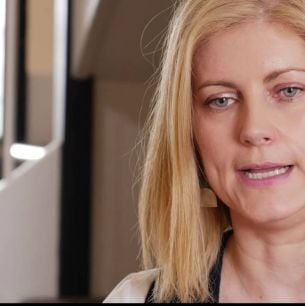
Tackling Adolescent to Parent Violence
Video
Adolescent to parent violence has remained under-explored and largely unarticulated within the fields of youth justice, domestic violence, policing, and criminology, particularly in the UK. The project aims to map the contours of the problem, exploring how it is defined, experienced and negotiated by parents and adolescents and how violent assaults committed by adolescents within the home are currently processed and managed within the criminal justice system.

Half of online users get news from Facebook and other social platforms
News
Its fifth Digital News Report says the combined effects of the rise of social platforms, an accelerating move to mobile devices and a growing rejection by consumers of online advertising has undermined many of the business models that support quality news.
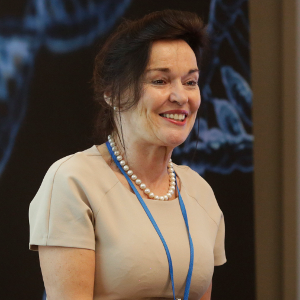
Oxford spinout OMass Technologies provides native mass spectrometry to pharma and biotech
News

Leading female scientists get on their soapboxes
Oxford Science Blog
Some of the UK's top female scientists will be taking to their soapboxes in Oxford this weekend to share their passion for their subjects with the public.

No boundaries: ending a century of intrigue around 'membraneless' cell compartments
Oxford Science Blog
We've been able to see them for over a hundred years, but only now are scientists beginning to get to the bottom of what's happening inside membraneless organelles – compartments within cells that really do have no boundaries.

Anti-depressant drugs enhance feelings of control in depression
Oxford Science Blog
It can take some time before anti-depressant drugs have an effect on people. Yet, the chemical changes that they cause in the brain happen quite rapidly. Understanding this paradox could enable us to create more effective treatments for depression.
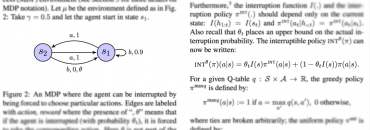
How Oxford and Google DeepMind are making artificial intelligence safer
Oxford Arts Blog
Oxford academics are teaming up with Google DeepMind to make artificial intelligence safer.
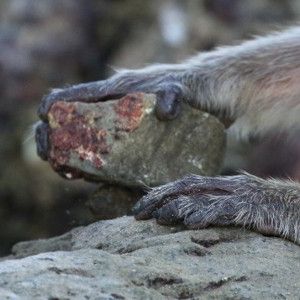
Generations of macaques used 'tools' to open their oysters and nuts
News
While there have been several studies observing living non-human primates, this is the first report into the archaeological evidence of tool use by Old World monkeys. The research, led by the Primate Archaeology Research Group at the University of Oxford, opens up novel research possibilities.

Hot topic: the pioneering material that could change the face of engineering
Oxford Science Blog
This is a guest post by Mary Cruse, science writer at Diamond Light Source.
All over the world, engineers are beset by a niggling problem: when materials get hot, they expand.

'Pristine' landscapes haven’t existed for thousands of years
News
An exhaustive review of archaeological data from the last 30 years details how the world’s landscapes have been shaped by repeated human activity over many thousands of years.
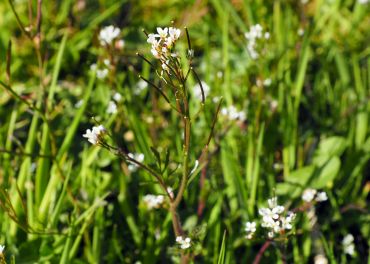
Exploding myths about seed dispersal
Oxford Science Blog
This blog post is adapted from an article published by the Max Planck Institute for Plant Breeding Research.

Former England players to help major brain study
News

'More girls than boys think it is important to go to university'
News
Higher aspirations and self-belief both influence A-level entry as disadvantaged students with higher aspirations are more likely to go on and take A-levels, even after taking into account their GCSE performance, says the report.

Dogs were domesticated not once, but twice… in different parts of the world
News
Supported by funding from the European Research Council and the Natural Environment Research Council, a large international team of scientists compared genetic data with existing archaeological evidence and show that man’s best friend may have emerged independently from two separate (possibly now
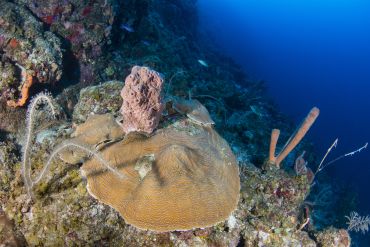
Entering the 'twilight zone': could distant coral reefs provide a refuge for threatened aquatic species?
Oxford Science Blog
Most of us will be at least vaguely aware that our planet's coral reefs are in jeopardy. But why are they in danger, and what can we do about these threats?
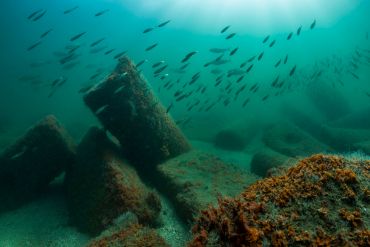
In pictures: diving discoveries
Oxford Arts Blog
These spectacular images show divers recovering treasures from two ancient Egyptian cities.
The artefacts from Thonis-Heracleion and Canopus had been submerged at the mouth of the River Nile for over a thousand years.
Pages
Latest research news
Latest on Twitter
Follow @ResStaffOxfordOpen Access at Oxford
Oxford is committed to ensuring the widest possible access to its research
 Novel triple drug combination effective against antibiotic-resistant bacteria
Novel triple drug combination effective against antibiotic-resistant bacteria
 Researchers discover how immune cells hunt down cancer around the body
Researchers discover how immune cells hunt down cancer around the body
 New algorithm supercharges climate models and could lead to better predictions of future climate change
New algorithm supercharges climate models and could lead to better predictions of future climate change
 Dr Ashwin Jainarayanan selected for 2024 Schmidt Science Fellow program
Dr Ashwin Jainarayanan selected for 2024 Schmidt Science Fellow program
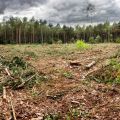 Nature degradation could cause a 12% loss to UK GDP
Nature degradation could cause a 12% loss to UK GDP
 Landmark study definitively shows that conservation actions are effective at halting and reversing biodiversity loss
Landmark study definitively shows that conservation actions are effective at halting and reversing biodiversity loss